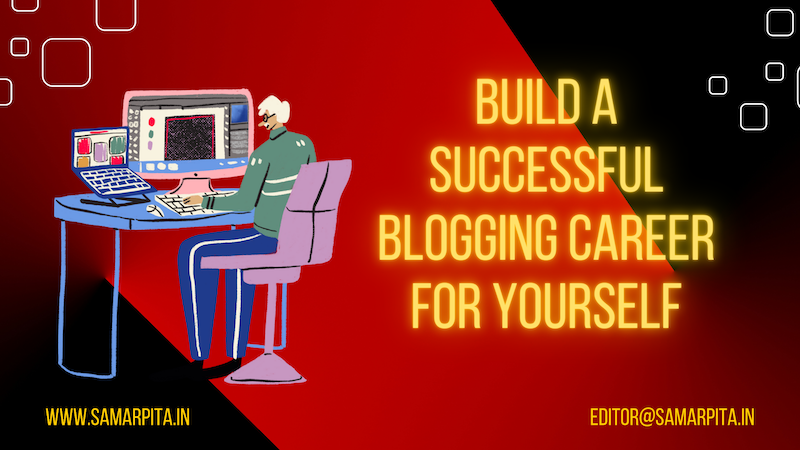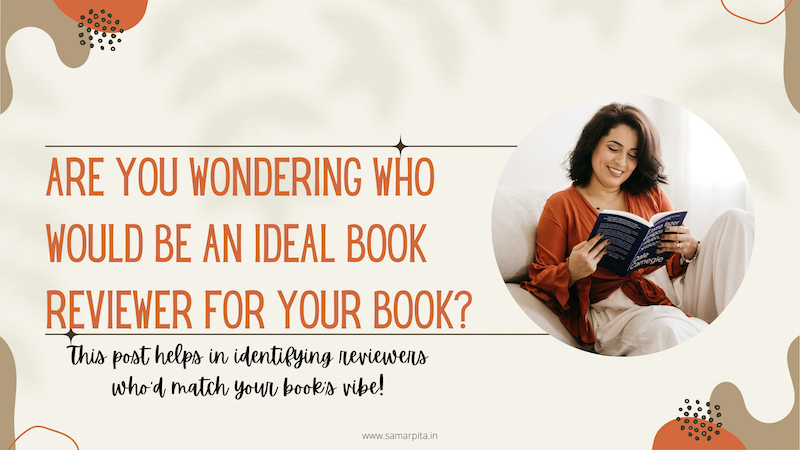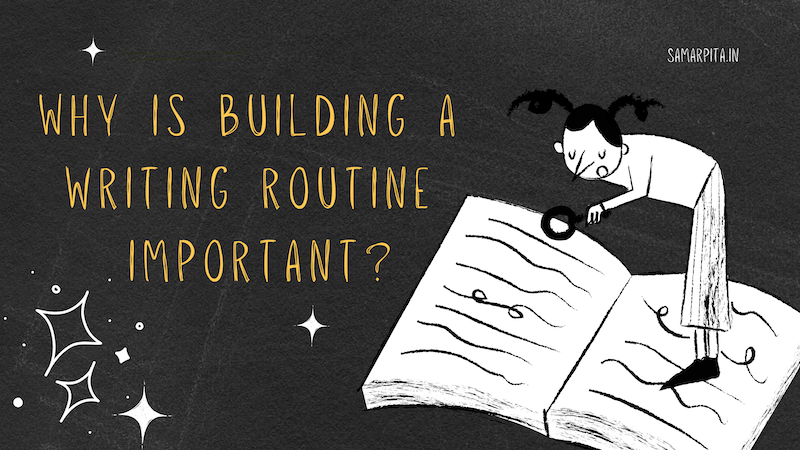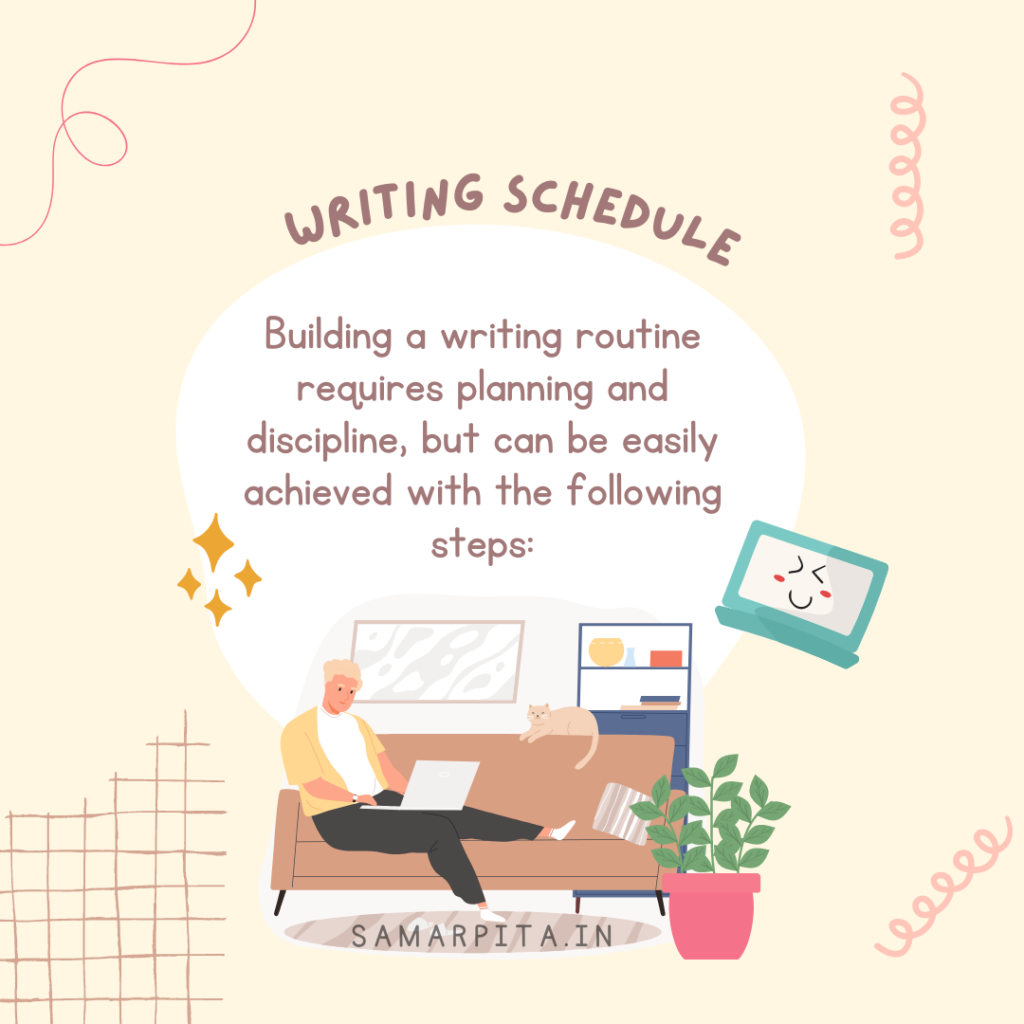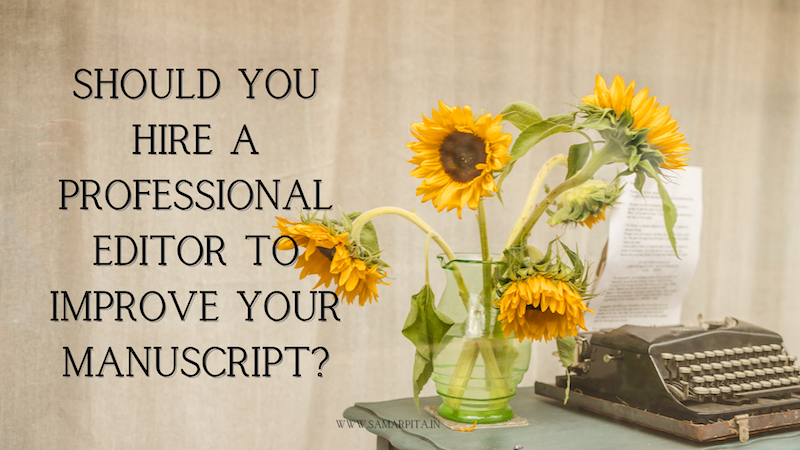Blogging can be a fulfilling and lucrative career for those with a passion for writing and sharing their ideas, knowledge, and experiences with a wide audience. It involves creating and regularly updating a website or blog platform where you can publish articles, videos, images, and other forms of content. There are many different niches within the blogging world, ranging from fashion and lifestyle to technology and finance. As a blogger, you can monetize your platform through advertising, affiliate marketing, sponsored content, and other means. Success as a blogger often depends on developing a strong following, building a personal brand, and creating high-quality content that provides value to your readers.
Also Read: The Creative Writing Process
Steps To Begin Blogging As A Career
- Choose your niche: Select a topic or area of interest that you are knowledgeable about and passionate about. This will help you create content that is engaging and relevant to your target audience.
- Set up a blog: Choose a blogging platform such as WordPress, Blogger, or Squarespace, and set up your blog with a custom domain name, design, and layout.
- Create quality content: Start writing blog posts that provide value to your audience and establish your expertise in your chosen niche. Ensure that your content is well-researched, well-written, and visually appealing.
- Build an audience: Promote your blog on social media, participate in online communities related to your niche, and network with other bloggers to build a following.
- Monetize your blog: Consider ways to monetize your blog, such as advertising, affiliate marketing, sponsored content, and product sales.
- Continuously improve: Stay up-to-date on the latest trends in your niche, listen to your audience’s feedback, and continuously improve your blog to stay relevant and engaged with your audience.
Also Read: Breaking Down How To Write Dialogues In Fiction
Remember, success in blogging takes time, hard work, and persistence, but with dedication and a strong strategy, you can build a successful career as a blogger.
Tips To Write Blogposts That Readers Enjoy Reading
Here are some tips to write blog posts that readers enjoy reading:
- Write with your audience in mind: Consider what your target audience is interested in and what type of content will be most valuable to them.
- Use a conversational tone: Write as if you are speaking directly to your reader to make your content more relatable and engaging.
- Keep it simple: Use clear and concise language, and avoid technical jargon or complex terminology that may confuse your audience.
- Make it visually appealing: Use images, graphics, and other forms of media to break up text and make your content more engaging.
- Use subheadings and bullet points: Make your content easy to scan by using subheadings and bullet points to highlight key points.
- Tell stories: Use personal anecdotes and real-life examples to make your content more relatable and engaging.
- Be informative: Provide valuable information and insights that your readers can apply to their own lives or work.
- Be consistent: Publish blog posts on a regular schedule to keep your audience engaged and coming back for more.
Remember, writing blog posts that readers enjoy reading is about providing value, being relatable, and making a connection with your audience.

